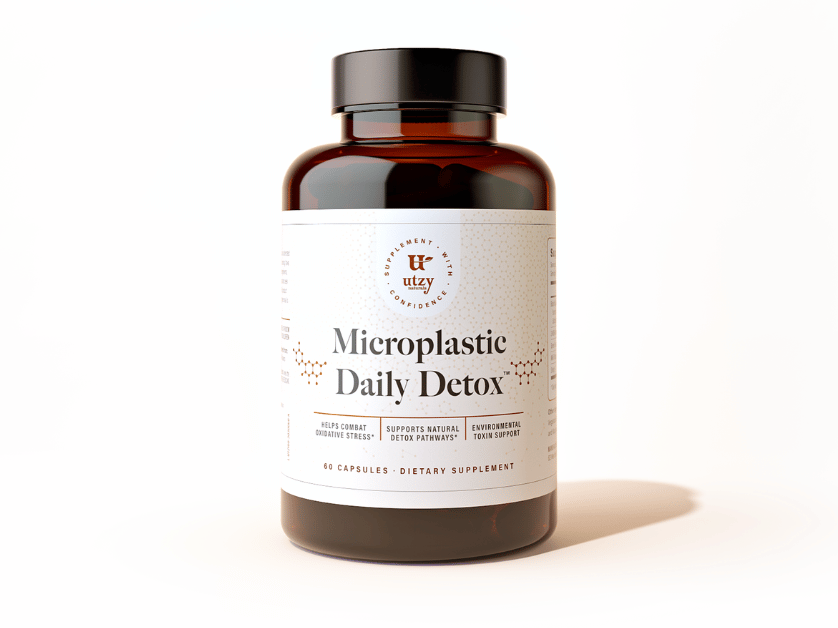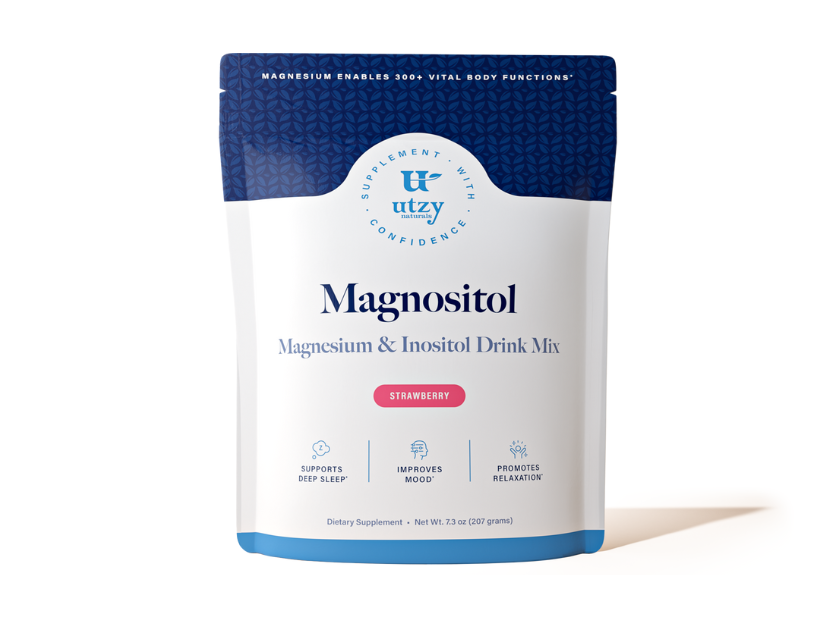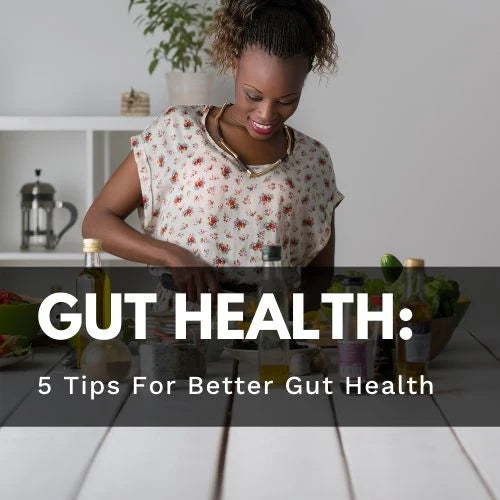shop
learn

8 Common Health & Nutrition Myths
September 11, 2023 4 min read
Do you ever feel like you're not sure what food to eat?
Are eggs bad for you?
Are all carbs bad for your body?
If you are uncertain, you're not alone.
We live in a society where food myths are abundant. Here, we debunk 8 common nutrition myths that many people believe!

Myth #1: Dietary Fat Is Bad.
FACT: The food industry and marketers have done a great job convincing us that food with high-fat content is unhealthy. However, there are many healthy fats that we should be getting by eating foods like salmon or avocados.
It's important to get enough of the right kinds of fat for our bodies!
While high-fat foods are more calorically dense, they do tend to have more of a satiating effect when compared to high carbohydrate foods. When you feel satiated you tend to eat less overall food.
Myth #2: You Need To Eat Every 3 Hours To Keep A High Metabolism
FACT: Having frequent, small meals can give your body a slight metabolic upgrade. However, this approach to dieting is sub-optimal because frequent eating can easily lead to overeating (1).
Every opportunity you have to eat is an opportunity to overeat, which can lead to weight gain.
Having a healthy snack throughout the day can be good, but when snacking, keep in mind that overeating leads to weight gain.
Myth #3: Egg Yolks Are Bad For You
FACT: Eggs are a great source for fat, protein, and vitamins! Plus they taste delicious- who doesn't love eggs benedict?!
Egg yolks are nutrient-dense, they contain nearly every vitamin. In fact, it's noted that eating two eggs (with yolks) per day will cover 10% to 30% of your daily vitamin requirements.
Egg yolks are also high in choline, a key nutrient involved in neurotransmission, brain development, and bone integrity (2).
Myth #4: You Need to Eat a Big Breakfast Every Day
Fact: The idea of eating a balanced meal at the beginning of the day has merit in that it can stave off hunger and poor eating decisions. However, many people don't feel hungry in the morning or have a difficult time making a healthful meal prior to heading out the door for work.
In this case, eating something light, or utilizing intermittent fasting, makes sense.
In particular, intermittent fasting can be a great way to give your body time to fully digest and assimilate your food. It also can help to reduce insulin and glucose levels in the blood (3).
With breakfast, ultimately it comes down to your personal preference. I personally alternate between seasons of intermittent fasting (i.e. skipping breakfast) and seasons of eating breakfast. When I do eat breakfast, I prefer to eat primarily protein and fat, saving my carbs for later in the day.
Myth #5: All Carbs Are Bad
FACT: Not all carbs are evil. In fact, even if you are full-on keto and haven't eaten a carb in years, your body will manufacture glucose molecules (i.e. carbohydrates) on its own. This process is called gluconeogenesis (4).
While all carbs aren't evil, they aren't all good either. There are different categories of carbs.
- Simple carbs contain very few nutrients and should be avoided, or eaten in moderation. These can come from food like refined sugar products (e.g. candy bars), white breads, pasta noodles, rice dishes, or processed food with added sugars
- Complex carbohydrates are nutrient-rich and do not spike blood sugar levels. Examples include sweet potatoes as well as fiber-rich fruits and veggies (berries, broccoli, etc..).
This leads to our next point of....
Myth #6: All Calories Are Equal
FACT: No, not all calories are equal.
As an example, a teaspoon of olive oil is quite different from a teaspoon of canola oil. Both are made up of fat, but olive oil works to reduce inflammation while canola oil is made up of high inflammation omega-6 fatty acids (5).
While both of these oils contain the same amount of fat, and thus the same amount of calories, your body processes each of these completely differently.
As you can see, not all calories are equal.
Myth #7: “Healthy” foods are bland.
FACT: Real food tastes better than synthetic, processed food.
If you are coming off of a diet filled with Doritos and soda, then yes, everything will taste bland in comparison. Processed foods are built by food scientists to be "hyper-palatable", meaning, they engineer these foods to hack your brain's reward center.
But, when you've gone through a detox phase of eating real food (pastured meat along with organic fruits and vegetables), you re-learn what real flavor is. And let me tell you, whole foods are amazing!
Myth #8: Celery is a "Negative Calorie" Food
FACT: You may have heard that it takes more energy to eat and digest celery than the veggie actually contains.
But it's just a myth that celery (and other veggies like lettuce) are "negative-calorie" foods, and there's no research to back up the wishful thinking.
That said, celery is still a healthful vegetable and makes a great snack!
Wrapping Up:
I hope this article helps to shed some light on common food myths. Remember that eating real food is always the best option.
As Michael Pollan famously said: "eat real food, not too much, mostly vegetables".
A balanced approach to improving your health and wellness is the best way to get results. Fad diets are tempting, but they don’t work in the long term. Instead of falling for a quick fix that won’t last, stick with the basics-eating clean and exercising at least 30 minutes every day. You will be on track for success by following this simple regimen!
What do you think? Have you tried any fads or trends when it comes to eating better? How have they worked out for you in the end?
In what ways has staying committed to healthy habits helped improve your life?
_________________________________________________________________
Leave a comment
Comments will be approved before showing up.
Also in Health
Subscribe
Sign up to get the latest on sales, new releases and more …
Join the Utzy Naturals Club!
Sign up and get the latest on sales, new releases, and more...





